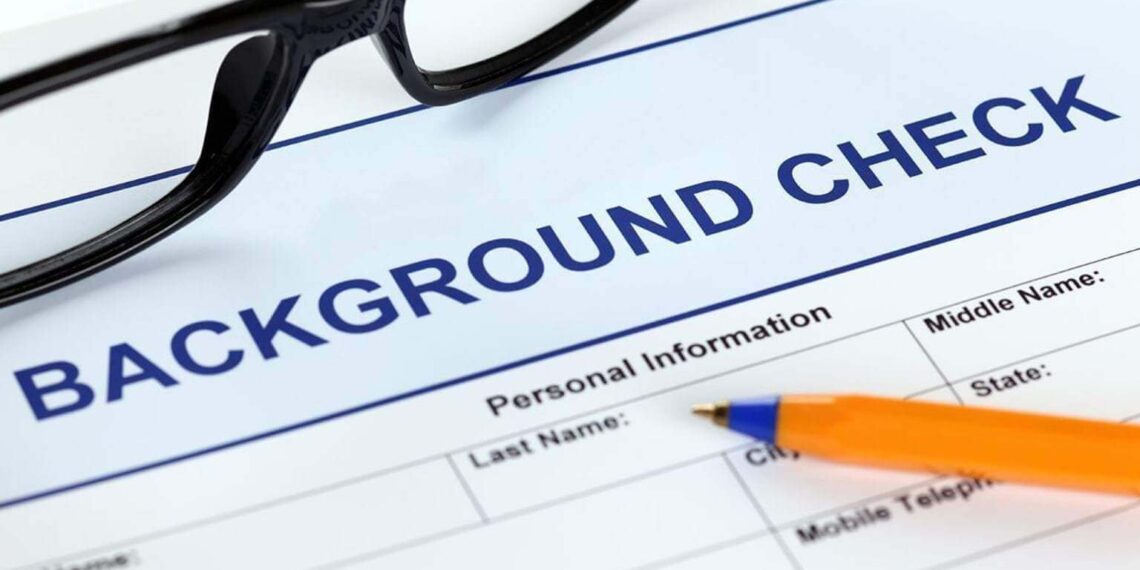When applying for a job, it’s all too tempting to exaggerate the truth of your abilities, qualifications, and work experience. And while you might think that you’ll get away with it, unfortunately, that is unlikely to be the case. Life is so rarely like the movies in that way! That’s because of a little thing called Employee Background Checks.
The great majority of employers use these checks, so don’t be caught out. We’ve put together a list of the main things these checks will look for, so let’s get to the bottom of these integrity markers.
Table of Contents
1. Education and Qualifications
First of all, your potential employer will want to ensure that the qualifications you say you have achieved are valid. This is especially the case for jobs that require specific qualifications, such as safety labor jobs or high-level degree work.
So, how do employers verify education? They use a specific background check to hone in on education and qualification history. And what are they looking for? Employers are interested in the dates you were at each school you noted, proof of achievements via certificates, and even a deep dive into honors or volunteer work, if required.
2. Criminal History
This one is especially true if you’re applying for a job that requires you to work with the public or children. A criminal history check will run your name through various databases to see if you show for any conviction – spent or otherwise.
This particular type of check is to ensure the safety of your employers, their staff, and – sometimes – the employer’s reputation. That said, it’s essential to know your own rights when it comes to background checks. If you think there may be exceptions to your case, make sure you are up-to-date on these matters and share them promptly.
3. Work Experience
Similarly, with education and schooling history, your employer will want to verify that the work experience you put on your resume is correct. Again, this is especially true if you’ve put down a job relevant to the one you are applying to.
Something to remember when it comes to lying on your resume – especially about your work history – is that chances of discovery are high. Even if you get away with it during the application stage, the truth will come out later down the line when you simply won’t be able to perform a task. It’s a risky business.
Be Prepared For Employee Background Checks!
The simple truth is that most employers will complete vigorous background checks on you before confirming your position at their business. Along with your identity, your potential future employers will examine your education, work, criminal history, and uncover any potential falsehoods.
Be ahead of the game and tell the truth when you create your resume and cover letter. The alternative is just not worth it, especially when the technology used for background checks is getting better every year! Besides, an employer is more likely to hire once they see the true you – ready to show up and get to work.

